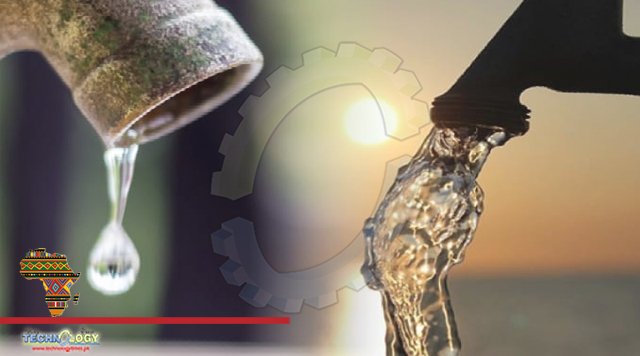South Africa’s increasing water stress the Progress has been made since 2015 on a global scale in terms of increasing access to water of an acceptable quality and to sanitation services. But 2 billion people still lack safely managed drinking water and 3.6 billion people still lack safely managed sanitation.

At a regional level, drinking water from improved sources is not necessarily a guarantee of good or acceptable quality. Some regions have lacked continued progress. Sub-Saharan Africa is one of them. It has the highest proportion of people still lacking safely managed drinking water and using unimproved sanitation. Since the mid-1990s, South Africa has made headway in expanding water and sanitation services, especially in rural areas. Yet this doesn’t mean an overall improvement. In some areas there has indeed been an improvement. But in many there has been a deterioration. In 2008, 5 million people still did not have adequate supplies of water while 15 million lacked basic sanitation. South Africa’s increasing water stress, Most people affected live in rural communities in South Africa’s poorest provinces. A number of factors are driving this state of affairs. These include natural limitations such as below average annual rainfall, as well as lack of financing and technologies.
But often the most cited cause of the country’s water crises is poor water governance. This has led to a tendency to portray the country’s water crisis as a governance crisis. South Africa’s increasing water stress, But we take issue with this emphasis on a crisis-based perspective. We view it as too simplistic. The water situation is a complex issue. The country’s freshwater resources are stressed on all fronts by unsustainable water consumption patterns, increasing water demands, failing water infrastructure, unreliable or non-existent water and sanitation services and continued pollution. The added effects of increased climate variability with changing rainfall patterns will add significant additional stress, questioning the country’s current and future water security. A big contributory factor is the governance issue. This includes the country’s fragmented water governance departments combined with continued inaction as well as non-accountability at various levels of government. This has led to questionable decisions as well as increased water scarcity and stress of South Africa’s already limited water resources and unreliable supply.
Source: This news is originally published by africaninsider

